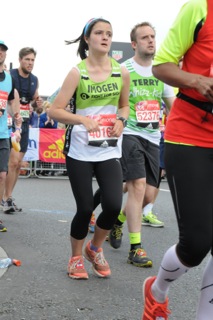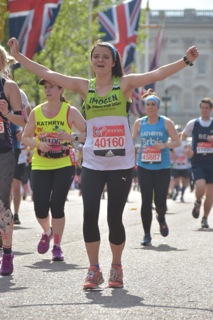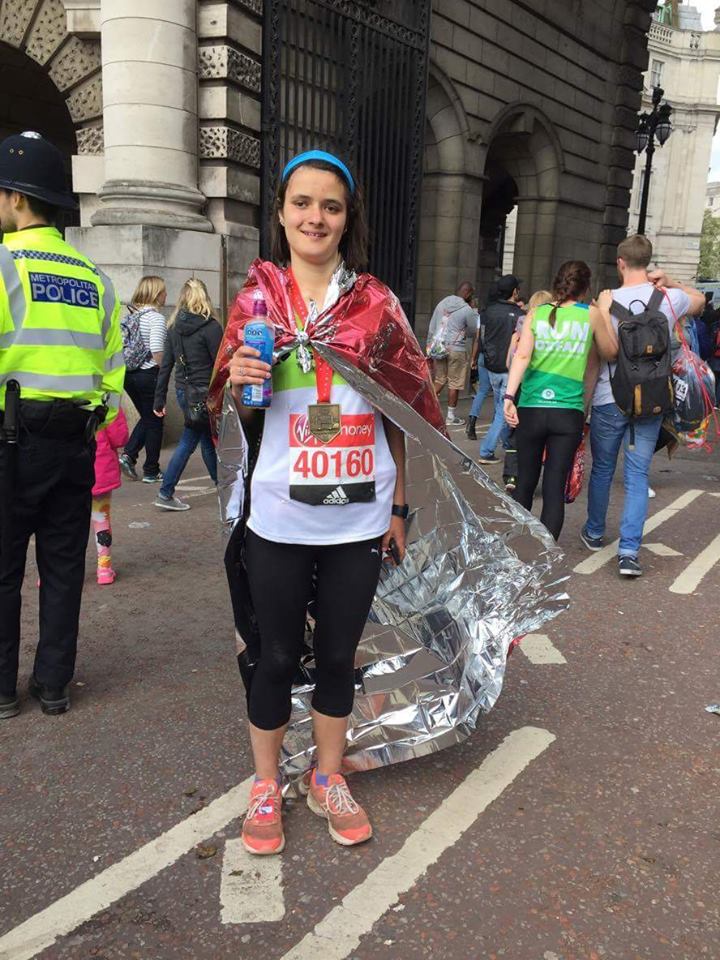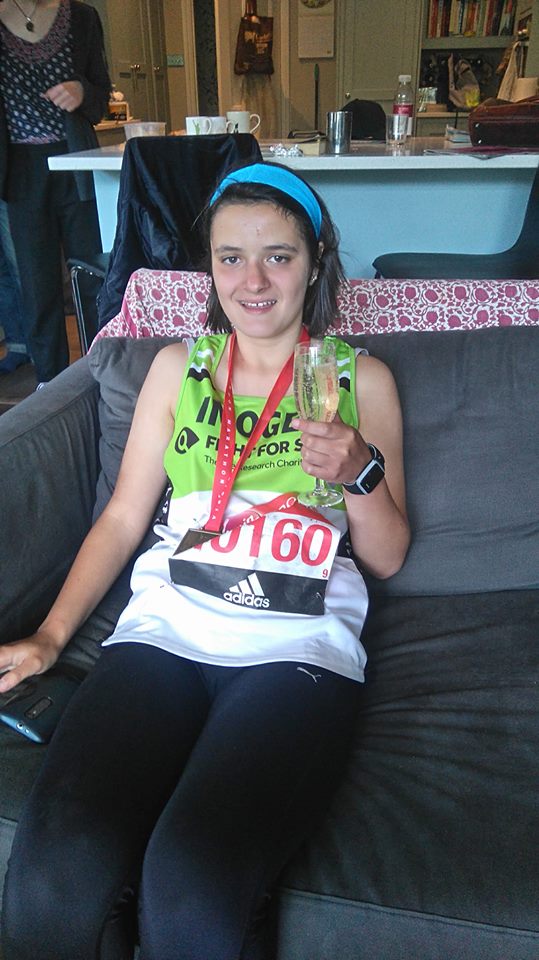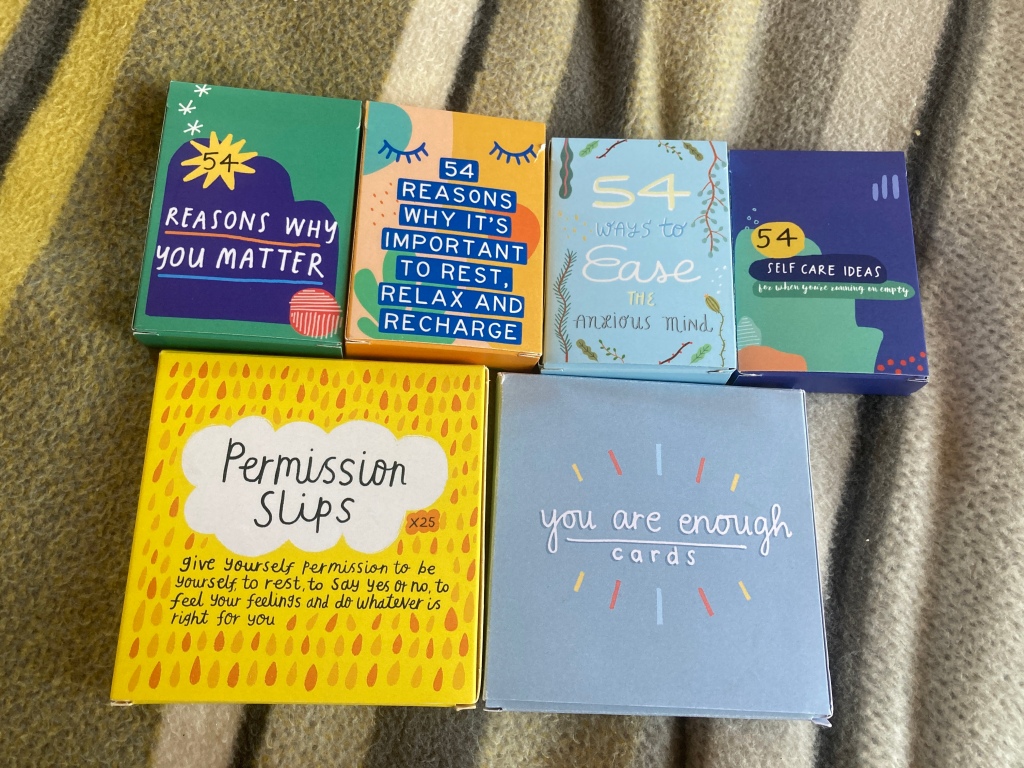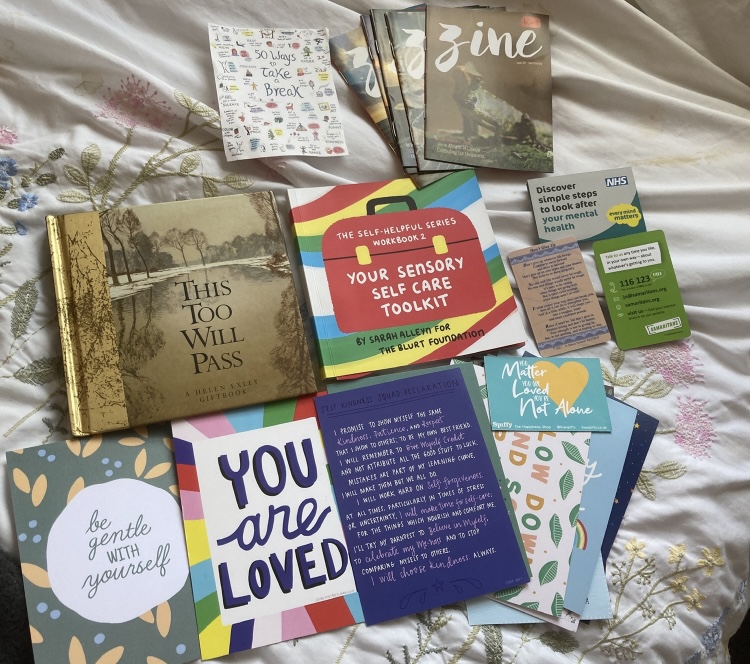
Undergraduate level study is difficult for everyone, as outlined in one of my previous blog posts. I fully recognise the fact that every student has doubts, stresses and difficulties throughout their degree. When you have a specific learning difficulty though, multiple aspects of studying require much more effort and energy, leading to overwhelm, fatigue and potential burnout more quickly than average. So called ‘spiky profiles’ (significant discrepancies in skills and difficulties) are a key feature of any neurodivergent condition and makes it perplexing for people to understand.
Numerous challenges are associated with dyspraxia; its all-encompassing nature makes explaining it difficult, as there are a lot of overlapping issues besides the medical definition.
Since deciding to go to university and study a subject I’ve discovered I’m really passionate about and interested in, I have faced additional barriers to integrating within the class and studying, some of which I have done separate blog posts on and mentioned before in other blogs, but since this week is Dyspraxia Awareness Week and I have been thinking about the challenges a lot recently, I thought I’d outline some of them again below:
Planning, organisation and memory
Planning and organisation have never come naturally to me. As such, I have had to develop strategies over time and actually overcompensate which means I’m now highly organised and methodical. My diary, post it notes, highlighter pens, notebook, weekly timetable and notepads are big features of my every day life. Constantly writing down and ticking off tasks and filling in my diary is something I intrinsically enjoy doing, but I wish I didn’t have to rely on it so much as it does take a lot of energy to constantly have to stay on top of numerous things at once!

Early starts mean it is easier for me to pack my bag the night before. Nearly a quarter of the way through my second year and my short term memory is still somewhat lacking, however; most mornings I discover I’ve forgotten to make a sandwich, or pack something important like my laptop or notebook and pen. This makes it even more of a frantic rush, especially on occasion where I realise I’ve overslept! Over-checking my bag before I leave because I’m so paranoid also creates a sense of anxiety and costs more time.
- To make sure I’ve got everything for the day, I often check I’ve got everything and verbally say each thing out loud before I leave the house or drive off e.g. ‘I’ve got my…’
Driving is something I absolutely love, particularly when listening to my playlists or an album on Spotify in my car. Certain routes are prone to more traffic in the morning, so this is another area I have to really think about every day. Two or three times I have got stuck in the same roadworks or rush hour traffic on my way to campus because I have failed to remember, which has never resulted in me being late (still always early!) but this causes me a sense of stress too.
Processing and socialising
Most notably verbal processing for me, there is often a delay between hearing the information and formulating the response to questions in my head. Within faced paced and noisy environments, it often makes it harder for me to keep up with the topic. Regularly, I have lots of ideas and things to contribute but due to the processing delay, by the time I have rehearsed in my head what I’m going to say, the conversation has moved on. Most of the time this leads to me remaining quiet, and causes me personal frustrations in group work when I’m one step behind everyone else in understanding what we’re meant to be researching. When someone jumps in with a plan while I’m busy gathering my thoughts about the task at hand, I often shut down and can no longer function, opting instead to follow the groups consensus rather than being vocal about my thoughts.
Before every tutorial or meeting of any kind, I have to write a bullet point list of everything I want to discuss and all the questions I have, in order to ensure I can express myself how I want to. Needing a script for social interaction is very tiring, draining and takes a lot out of me – I often find myself needing to recuperate and recharge afterwards!
Though verbal processing is most prominent for me, processing written information can also represent a barrier. Synthesising information from assignment briefs and academic texts can be problematic, so I often have to get my tutor to go over the brief or task and break it down several times before I really grasp what it is I’m meant to be doing. More frequent breaks are also needed when independently studying – I can’t study for more than an hour at a time without getting overwhelmed, so I have to often force myself to stop and take regular breaks, stopping altogether for the day at a certain time.
- To remind me to take regular breaks in order to avoid burnout, I have recently discovered Marinaratimer. This uses the traditional Pomodoro technique, a time management system that helps you chunk your tasks into manageable timeframes – sometimes, I am guilty of overworking and being a ‘focus expert’ so this proved to be really useful!

Socialising has never been straightforward for me, due to my diagnosis of verbal dyspraxia. Crippling social anxiety as a direct result of feeling self conscious about my speech, as well as being acutely aware of my processing difficulties, frequently leads to feelings of isolation and disheartenment. However, I have been very fortunate to have found my ‘tribe’ at university and am so grateful for having a small friendship group established. Furthermore, additional opportunities are growing my confidence such as being nominated to be a Course Rep (something I never would have applied for if it wasn’t for the encouragement from a friend, but something I’m glad I’m doing now – my tutor told me how professional and articulate I was in the first Student Voice meeting!)
Although the majority of this is about the difficulties, I still really enjoy going onto campus and connecting with other students and tutors and I am so pleased it’s worked out so well for me after numerous setbacks in my life. Because of the small class sizes, there is a real sense of a supportive community that you don’t find at other larger higher education institutions. You don’t get a weekly ‘Fruity Friday’ at every university, for instance! Despite conversations being more anxiety provoking and difficult for me, both my friends and the tutor have noticed I’m growing in confidence in speaking up in lessons and being more assertive, which shows the environment is nurturing and great for me in helping me to grow my self-esteem. Being face to face is so much more manageable than the endless lectures online last year, which I found quite tedious!
Mental health
My academic journey taking longer than a lot of my peers and underestimation in the past, as well as cumulative negative experiences in education, employment and general social situations has had a profound impact on my mental health and wellbeing. Constant self-doubt of my knowledge and capabilities, deep rooted feelings of inadequacy and incompetency compared to every other student, high levels of perfectionism and enormous frustrations with my social difficulties all sometimes overwhelm me and knock me down completely. I’m pretty sure my depression and anxiety can largely be attributed to these factors.
All of these factors lead me to get even more exhausted, which in turn has a substantial impact on my mental health – it’s like a never ending vicious cycle! On Fridays particularly, after a week of university accompanied by other activities I engage with in the evening that I enjoy, I crash out and frequently don’t have the energy to study at the weekend – which additionally brings me feelings of guilt and doubt! Something I have recently come to recognise is dyspraxia makes everything a lot more overwhelming.
Positives when studying

When life is generally more difficult, dyspraxic people don’t shy away from hard things. Choosing something that is interesting to you becomes even more important, rather than what is deemed ‘easy.’ Cognitive awareness of details is heightened because you have to think through literally everything you do.
The fact I have to work so much harder than the average person to succeed makes me incredibly hard working and determined, which will hopefully help me succeed in my studies. It will also make graduating all the more rewarding and special for me.
Surprisingly for me, I am already considering the possibility of postgraduate study and exploring my different options as I genuinely love my subject so much. Despite the barriers, studying does really seem to suit me and I really enjoy it. Eeeek!
























